Japan automakers will invest $4.3 billion in Thailand over 5 years. On Monday, a representative for the Thai government said that major Japanese automobile manufacturers will spend 150 billion baht, equivalent to $4.34 billion, in Thailand over the next five years. The transition of Southeast Asian countries to making electric cars supports this investment.
According to a representative named Chai Wacharoke, Toyota Motor (7203.T) and Honda Motor (7267.T) will each invest around 50 billion baht. In comparison, Isuzu Motors (7202.T) will contribute 30 billion baht, and Mitsubishi Motors (7211.T) will invest 20 billion baht. Additionally, this will involve the manufacture of electric pickup trucks.
Srettha Thavisin, the Prime Minister of Thailand, returned from a trip to Japan last week before returning home.
The economy of the second-biggest country in Southeast Asia is also the leading automobile manufacturer and exporter in the area. For decades, Japanese manufacturers have had a dominant position in the Thai automobile industry; however, Chinese electric vehicle manufacturers have recently begun making significant investments.
According to Chai, the investment made by Japanese automobile manufacturers would support the government’s aim of switching from cars powered by combustion engines to electric vehicles. Although response requests were made to Toyota, Honda, Isuzu, and Mitsubishi, none responded promptly.
Additionally, Thailand is developing incentives to promote additional investment and conversion into electric car manufacturing to achieve its goal of converting about one-third of its annual output of 2.5 million vehicles into electric vehicles by 2030.
The implementation of tax cuts and subsidies by Thailand has already attracted a multitude of Chinese automobile manufacturers, such as BYD (002594. SZ) and Great Wall Motor (601633. SS), which have committed to spending a total of $1.44 billion in the establishment of new production facilities in Thailand.
This month, Srettha presented executives from the electric vehicle manufacturer Tesla from the United States with industrial estates in Thailand for future investment.



















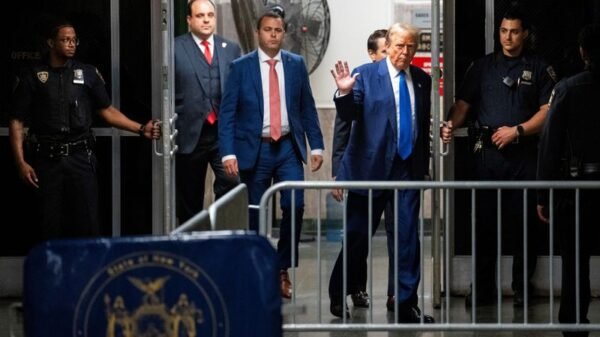
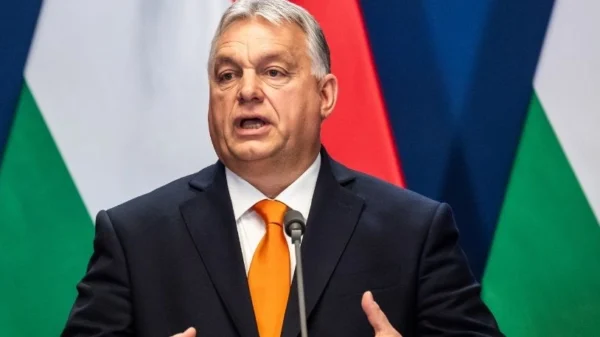




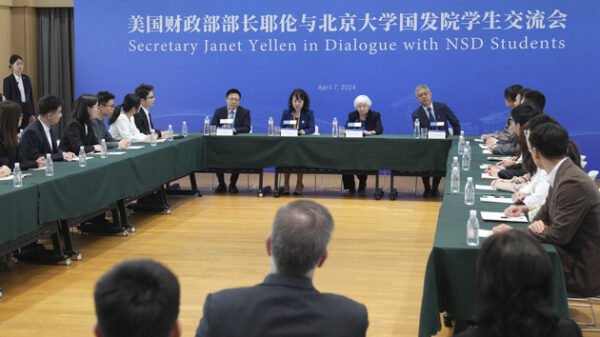
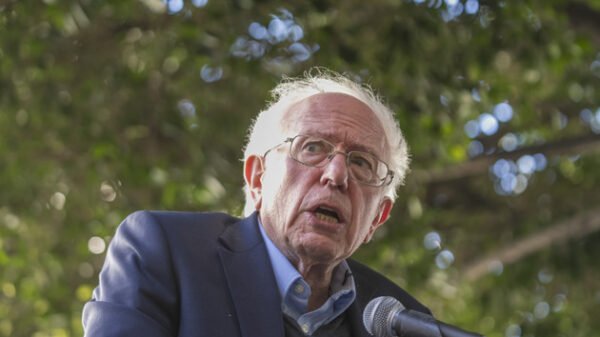

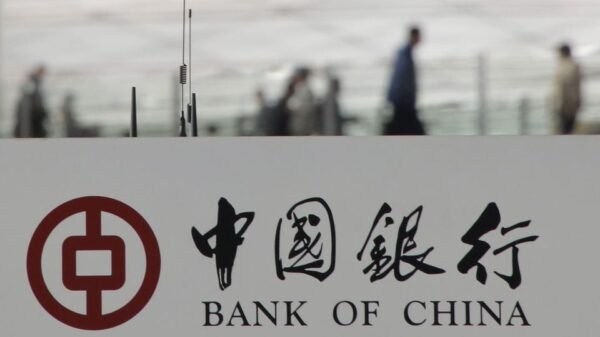

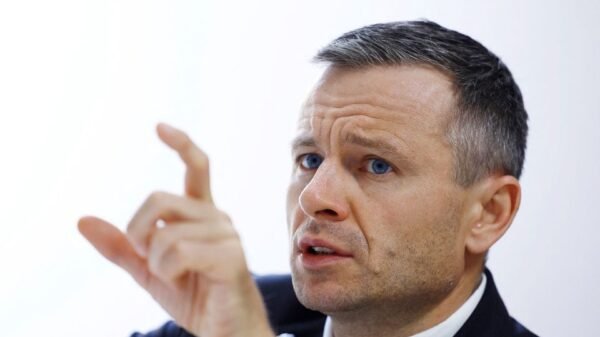































Comment Template